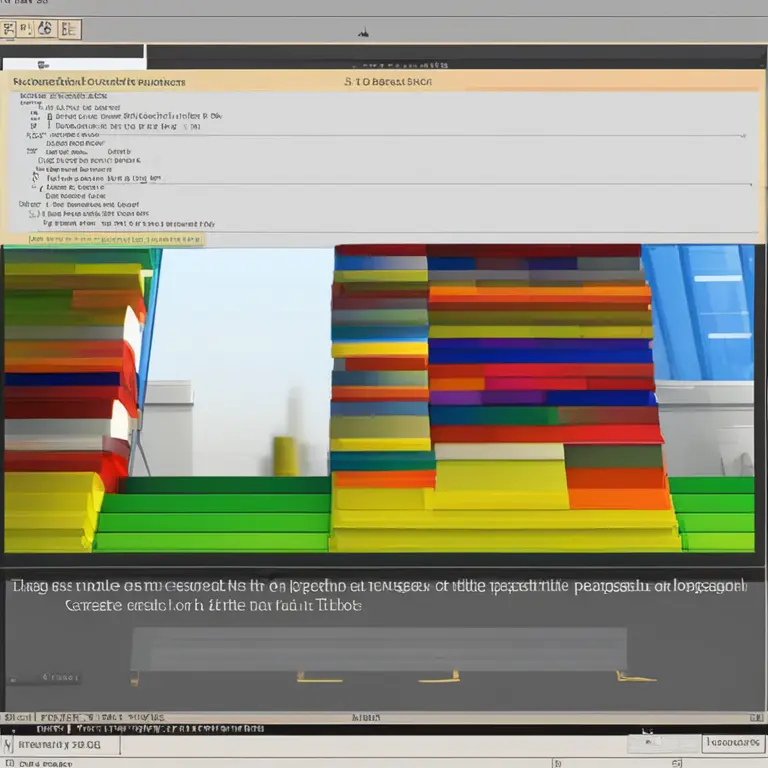
The Essential Role of Meditation for Student Well-Being
Discover how meditation serves as a fundamental tool for enhancing student focus, managing stress, and improving academic performance.
article by Hina Kurosawa
Introduction to Student Meditation
Meditation has become a cornerstone habit for people from all walks of life. For students, in 2024 and beyond, incorporating meditation into their daily routines is more than a wellness trend — it's a foundational practice for mental clarity and emotional health. As academic pressures mount and the world becomes increasingly connected, the ability to disconnect and reflect inward is not only valuable but essential. This article delves into why meditation should form an integral part of every student's life.

Enhancing Concentration and Focus
In an era of constant notifications and digital distractions, maintaining focus is a significant challenge for students. Meditation trains the mind to center on the present moment, thereby improving concentration. Regular practice can fine-tune attention spans and help students stay engaged with their studies for longer periods, leading to enhanced learning experiences and better educational outcomes.

Stress and Anxiety Reduction
The 2020s have shown us an exponential rise in student stress and anxiety levels, a trend that shows no sign of abating. Meditation offers a natural and effective means of reducing stress. It encourages relaxation and helps regulate the stress hormone cortisol, providing a calming effect that can assist students in navigating the complexities of academic and social pressures with greater resilience.

Improving Sleep Quality
Sleep is paramount for cognitive function and memory consolidation. Yet, students often struggle with sleep due to stress or overstimulation. Meditation practices, especially before bedtime, can improve the quality of sleep by soothing the nervous system and promoting a state of tranquility, ensuring that students are well-rested and ready to tackle the day's challenges.

Emotional Intelligence and Empathy
Education is not solely about intellectual growth; emotional development is equally important. Meditation nurtures emotional intelligence, allowing students to better understand and manage their emotions. This emotional awareness can lead to increased empathy for others, contributing to a more supportive and inclusive educational environment.
Boosting Creativity and Problem-Solving
Today's academic and professional arenas prize innovative thinking and problem-solving skills. Meditation clears the mind of clutter, opening up space for creative thoughts to flourish. With a calm and unburdened mind, students can approach problems with fresh perspectives and conceive novel solutions.
Cultivating Mindfulness and Presence
Mindfulness, a byproduct of meditation, refers to being fully present and engaged in the current moment. This state of mindfulness keeps students rooted in the present task, decreasing the likelihood of procrastination and enhancing productivity. Furthermore, being mindful reinforces a greater appreciation for life’s experiences, improving overall satisfaction and well-being.
Conclusion
The ritual of meditation is more than an escape from the whirlwind of student life; it's a supportive embrace that encourages balance, insight, and a stronger mental constitution. By incorporating meditation into their daily habits, students equip themselves with a powerful tool to enhance every aspect of their academic journey and personal growth.
Published: 1/24/2024
Modified: 1/24/2024
More predictions
Come back here soon to learn more about yourself and your future


Simple Guide to Meditation Practices
Meditation made easy for beginners – discover simple techniques to start your mindfulness journey.


Soothing Sleep: Meditation for Restful Nights
Discover effective meditation practices to enhance sleep quality and embrace restfulness in this insightful article.


The Most Effective Meditation Techniques for Harmony
Discover the potency of various meditation practices tailored for spiritual harmony and self-mastery as we navigate the diverse landscape of mindful tranquility.